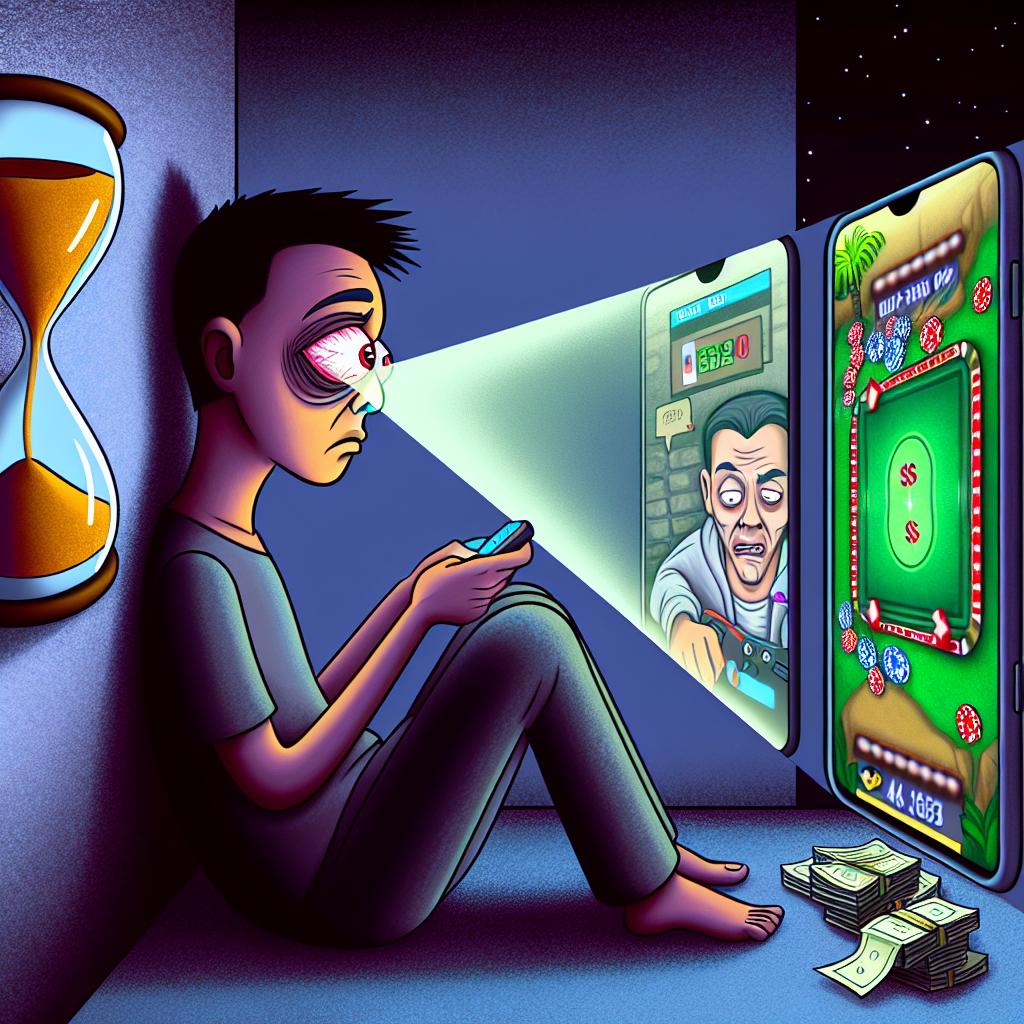Mechanisms Used in Free-to-Play Games
Free-to-play games, commonly known as F2P, have emerged as a dominant business model in the gaming industry. These games allow users to play without any upfront cost, creating an accessible entry point for a wide range of players. However, their primary goal is to entice players to spend money on in-game items or features. This business approach hinges on several strategic mechanisms designed to capture player interest, keep them engaged, and motivate monetary spending.
Psychological Engagement
The psychological engagement of players within free-to-play games is an essential component influencing high levels of player involvement. Game developers employ various tactics to harness cognitive and behavioral patterns, ensuring their games remain captivating and compelling.
Reward Systems: One critical element of psychological engagement is the implementation of reward systems. Free-to-play games often feature intricate reward structures, encompassing daily rewards, achievements, and loot boxes. These mechanisms help create a cycle of anticipation and excitement, prompting players to return regularly to collect their rewards. The continuous return to the game reinforces habitual play, maintaining player interest over time.
Variable Ratio Reinforcement: Another effective psychological tool is the deployment of variable ratio reinforcement. This method mirrors the unpredictability of slot machines, where rewards are given at irregular intervals, creating a sense of surprise and anticipation. Such unpredictability is effective in maintaining player interest, as the uncertainty of when the next reward will arrive fosters repetitive play behavior. Players often find themselves engrossed in extended gaming sessions, hoping to obtain the next unexpected reward.
Social Features
Social dynamics are another powerful driver of prolonged engagement in free-to-play games. By integrating multi-player and social aspects, developers ensure players feel a sense of community and competition, further enhancing the gaming experience.
In-Game Friend Lists: One of the primary social features is the inclusion of friend lists. These lists allow players to keep track of their friends and peers within the game. Such connections encourage frequent logins, as players seek to interact with or compare their progress against their friends. The social bonds formed in games can lead to a more invested player base, drawn in by the desire to share experiences and achievements with others.
Leaderboards and Competitions: Moreover, competitive elements such as leaderboards and competitions feed into players’ aspirations for achievement and recognition. These features tap into the innate human desire to rank higher than peers, fostering a sense of accomplishment from reaching notable positions. The incentive to maintain or improve one’s leaderboard ranking drives continuous play, as players strive to achieve personal and social validation through competition.
Monetization Techniques
Monetization strategies in free-to-play games are intricate, designed to extract value from a player’s time commitment. These techniques create both a need and a desire for players to spend money, facilitating the financial success of these games.
Microtransactions: One prevalent monetization technique is microtransactions, which involve small, often low-cost in-game purchases. These purchases can enhance gameplay by providing players with advantages, such as easier progression or unique aesthetic customizations. By setting these purchases at a low price point, they encourage frequent spending and a perception of value. Players may feel a compulsion to buy repeatedly, obtaining minor perks that accumulate over time.
Time-Limited Offers: Time-limited offers are another tactic used to spur impulsive spending. By presenting players with items or boosts available only for a short span, developers create a sense of urgency. Players may feel pressured to make quick purchasing decisions or play excessively to obtain enough in-game currency to capitalize on these fleeting opportunities. This urgency can lead to impulsive behaviors, with players spending more than intended to avoid missing out.
Potential for Addiction and Over-spending
Despite the benefits of enhanced enjoyment and engagement, the mechanisms employed in free-to-play games can also lead to excessive time investment and spending. The psychological tactics, combined with social pressures and monetization strategies, can foster behaviors resembling gambling addiction. Players may inadvertently spend more time and financial resources than originally planned, leading to detrimental personal and financial effects.
It is essential, therefore, for players to be mindful of these engaging mechanisms. Recognizing them can assist in managing one’s gaming habits proactively and making informed decisions about spending and playtime. Developers, too, must consider the ethical aspects of their design choices, balancing monetization strategies with the potential impact on players’ well-being.
In summary, the free-to-play model utilizes sophisticated engagement and monetization strategies to captivate players and amplify their involvement in a game. While these mechanisms successfully boost player commitment, awareness of their operation is crucial. With this understanding, players can better manage their gaming behavior, while developers can strive to maintain an ethical balance between profitability and player welfare.





